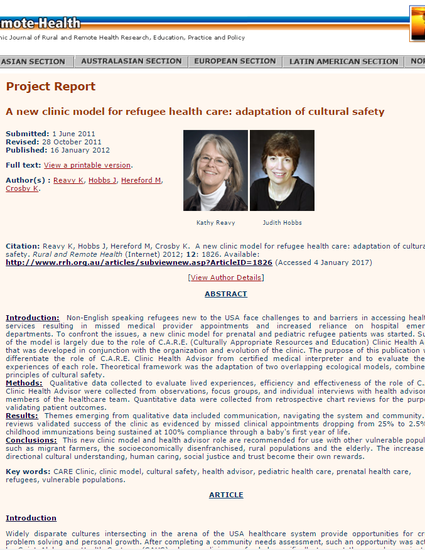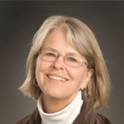
Introduction: Non-English speaking refugees new to the USA face challenges to and barriers in accessing healthcare services resulting in missed medical provider appointments and increased reliance on hospital emergency departments. To confront the issues, a new clinic model for prenatal and pediatric refugee patients was started. Success of the model is largely due to the role of C.A.R.E. (Culturally Appropriate Resources and Education) Clinic Health Advisor that was developed in conjunction with the organization and evolution of the clinic. The purpose of this publication was to differentiate the role of C.A.R.E. Clinic Health Advisor from certified medical interpreter and to evaluate the lived experiences of each role. Theoretical framework was the adaptation of two overlapping ecological models, combined with principles of cultural safety.
Methods: Qualitative data collected to evaluate lived experiences, efficiency and effectiveness of the role of C.A.R.E. Clinic Health Advisor were collected from observations, focus groups, and individual interviews with health advisors and members of the healthcare team. Quantitative data were collected from retrospective chart reviews for the purpose of validating patient outcomes.
Results: Themes emerging from qualitative data included communication, navigating the system and community. Chart reviews validated success of the clinic as evidenced by missed clinical appointments dropping from 25% to 2.5%, and childhood immunizations being sustained at 100% compliance through a baby's first year of life.
Conclusions: This new clinic model and health advisor role are recommended for use with other vulnerable populations such as migrant farmers, the socioeconomically disenfranchised, rural populations and the elderly. The increase in bi-directional cultural understanding, human caring, social justice and trust become their own rewards.
Available at: http://works.bepress.com/kathy_reavy/7/
